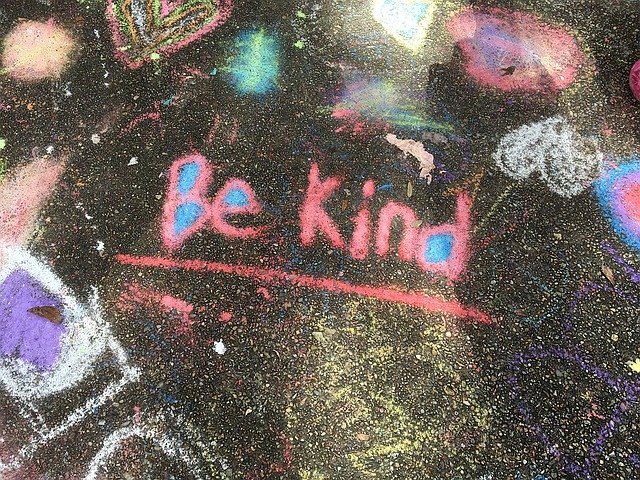 Hopefully, many of us will be spending this week giving thanks for our families, friends, and enjoying heaping turkey dinners. But once this week has passed, don’t put all that gratitude behind you just yet.
Hopefully, many of us will be spending this week giving thanks for our families, friends, and enjoying heaping turkey dinners. But once this week has passed, don’t put all that gratitude behind you just yet.
According to Dr. Robert Emmons, who studies the emotion of gratitude, cultivating this feeling can promote healthy relationships and psychological, or even physical, health. For over three decades, Dr. Emmons has sought to demonstrate exactly how you can enjoy these benefits.
He praises the notion of gratitude as a “relationship-strengthening emotion,” explaining how it helps connect individuals and affirm our support for each other. Dr. Emmons’ research has shown that the regular expression of gratitude reduces feelings of social isolation and promotes forgiveness, generosity, and compassion.
The benefits extend beyond these social components, however, as Dr. Emmons also claims it can promote positive thinking, better sleep, and stronger immune systems.
In this context, gratitude involves recognizing the good factors in your life and how they come from other people or outside circumstances. This may include focusing on the positive aspects of a given situation or appreciating modest, everyday pleasures. Importantly, we must acknowledge that many of these pleasures come from without and thank the circumstances or people that have made our lives better.
The benefits of gratitude are deeply tied into this practice of giving thanks. By focusing on positive emotions, individuals can diminish or even block negative ones. This helps grateful people better manage stress and develop feelings of self-worth, enabling them to connect with others and feel better about themselves.
Practicing gratitude in this way, Dr. Emmons warns, is not as easy as just flipping a switch: “Just because gratitude is good doesn’t mean it’s always easy. Practicing gratitude can be at odds with some deeply ingrained psychological tendencies.”
Many people succumb to the notion that everything that happens, good or bad, is just the result of what we deserve. If something good happens, it’s because we have worked for that outcome and deserve it. Similarly, we blame ourselves for bad circumstances. This sort of thinking makes gratitude difficult.
But how can we work to better incorporate gratitude into our lives? Dr. Emmons has several suggestions. Initially, he recommends that we simply work harder at identifying positive aspects in our day to day lives, including particularly beautiful moments or friendly interactions with strangers.
From here, he suggests that people start makings lists or journal entries, regularly compiling these observations and describing anything that they grateful for. His research indicates that this sort of journaling can be an important step towards realizing the helpful effects of gratitude.
Most importantly, he emphasizes the actual expression of gratitude. Rather than just making a list, we ought to reach out and thank those that have helped us. This, according to Dr. Emmons, is the most important way of bringing gratitude into our lives beyond the Thanksgiving table.
For more information on the role of gratitude in health and happiness, read our past blogs here and here.
 This list originally appeared on the
This list originally appeared on the  New Year’s resolutions are tricky things to do correctly, and most people tend to give up on them pretty quickly.
New Year’s resolutions are tricky things to do correctly, and most people tend to give up on them pretty quickly.